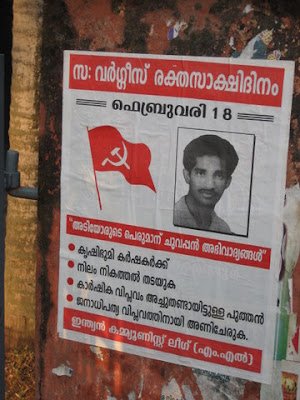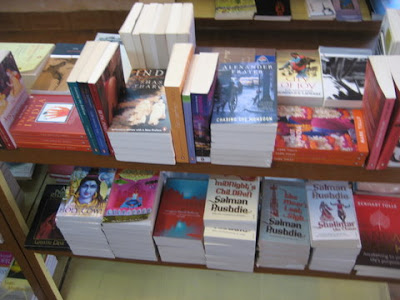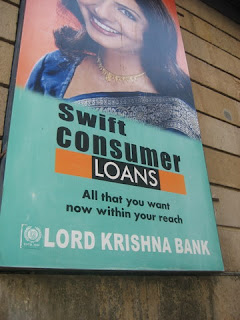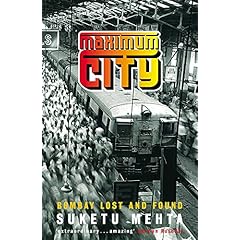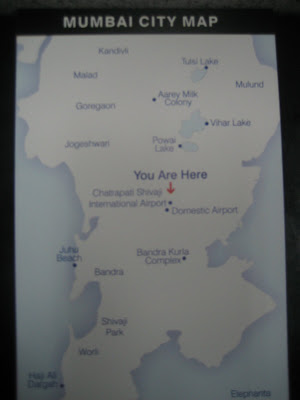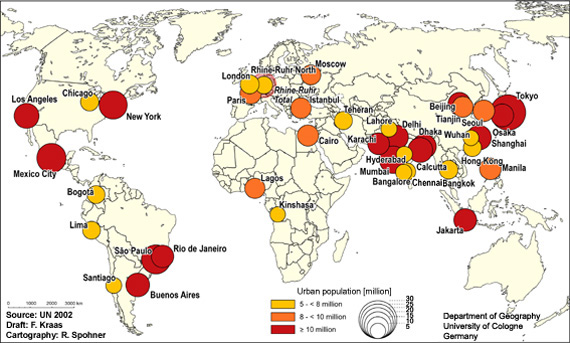
- Yesterday I talked my way into a private tour of the The Burj Al Arab, supposedly the world’s best hotel. Normally you have to pay $100 just to get through the front door. Silliest detail? They have a "pillow menu" allowing you, to choose from 13 different kinds of "deluxe bedroom head rests." My favourite is the "vitamin E pillow", that allows you to improve your skin as you sleep. Most expensive room? A cool $13,616 a night.
- Dubai has a diving industry, of sorts. Unfortunately, the sandy underwater terrain is not tremendously interesting. Such that there is being made worse by the environmental damage caused by constructions of the various Palms, the World, and the rest. Not to be deterred, the diving school at the Palm Jumeirah – the smaller of the three palm islands - are planning to create an artificial “dive park” by sinking a few trains and a plane into the sea. Just in case that isn’t enough they plan frequently to drop a 1KG bar of gold onto the seabed, as an incentive.
- Justice in the UAE works in strange ways. It’s a fairly liberal place, but some odd laws remain. Ex-Pats like to tell stories of deportations for holding hands, jailing for kissing in public, lashings for drunkenness and so forth, most of which probably are not true. But this story, involving the punishments meted out to a husband, his wife and her lover in the neighbouring state of Sharjah, is truly unbelievable:
"1. The 24-year-old Moroccan wife . Crime: "private time with a man", alcohol consumption. Punishment: 3 months in jail, 80 lashes, deportation
2. The 43-year-old Emirati lawyer lover. Crime: "private time with a woman", alcohol consumption. Punishment: 3 months in jail, 70 lashes
3. The 33-year-old Jordanian man. Crime: stabbing the lawyer at least thirty times with a kitchen knife. Punishment: 3 months in jail" - [Quote taken from this blog, which links to the full story.]
- Other odd laws. Skype, Flickr and MySpace are all reported to be banned. Happily, all seem to be working fine. Cohabitation is illegal. All cars bought in the emirate produce a loud electronic beeping noise when the driver goes over 120kph, the legal limit.










